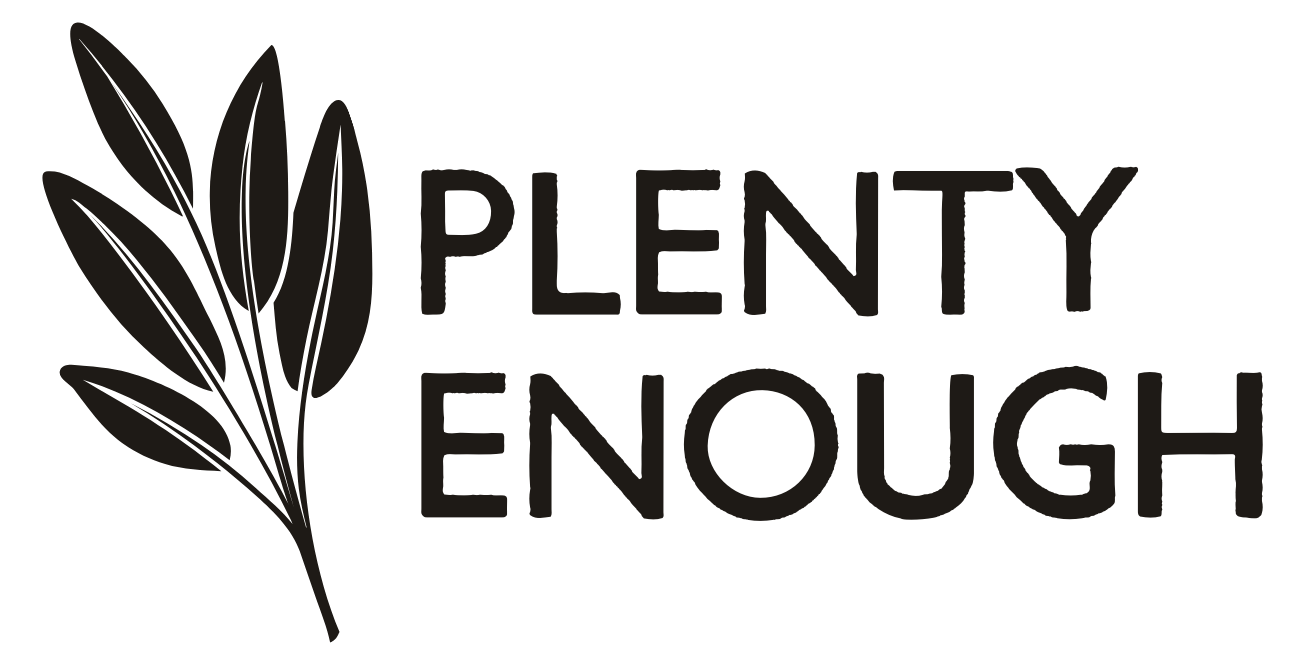
Fatuma
Emmad
is the co-founder, executive director and head farmer of FrontLine Farming and a founding co-convener for Project Protect Food Systems Workers. She is a lecturer in the Masters for Environmental Studies Program at CU Boulder.
Fatuma was born in Denver and raised in Denver and Ethiopia. Fatuma has worked farming organic and heirloom vegetables on her own acreage as part of a land co-op, setting up farms for restaurants, and as farm manager for multi acre community farms in Milwaukee and Denver.Before becoming a farmer, Fatuma was a political scientist who engaged in issues affecting farming communities such as the push for genetically modified seeds across Southern and Eastern Africa. She believes in resistance by the world’s land caretakers to single solutions for crop productivity and seeks to work on re-framing ideas of food security.
She currently serves as a Mayor-appointed Member of the Sustainable Food Council, on the Denver African American Commission and Colorado Water Equity Commission and as a convener of the Colorado Water Equity Partnership. Fatuma is also the recipient of the Kathy Underhill Inaugural scholarship recognizing a community member who is changing hearts and minds in the hunger space with advocacy, policy, and/or community engagement through the lens of health equity.
In 2021, Fatuma was also recognized as 1 of 50 leaders across the nation for the Black Voices for Black Justice fund. TheBlack Voices for Black Justice Fund supports and recognizesBlack leaders andBlack-led organizations on the front lines of shaping the urgent movement to build afair, equitable, and anti-racist America.
Fatuma was also recognized as the Catalyst award recipient for 2021-2024 which celebrates women of Colorado who are environmental leaders committed to building healthier, safer and a more just world.
“One of the ways that we practice liberation is by telling the stories of the practices and foods that informed us and actually create the American tapestry in terms of foodways. So, it’s not only about food but the cultures, and the ways that we prepare those foods, the stories behind them, the ways that people took to cultivating those things and the reasons why.”
Formal Education
Certificate in Agriculture & Ecology, University of California - Santa Cruz
Masters of Political Science, Comparative Politics & Political Theory, The New School
B.A. Philosophy & Political Science, University of Montana

